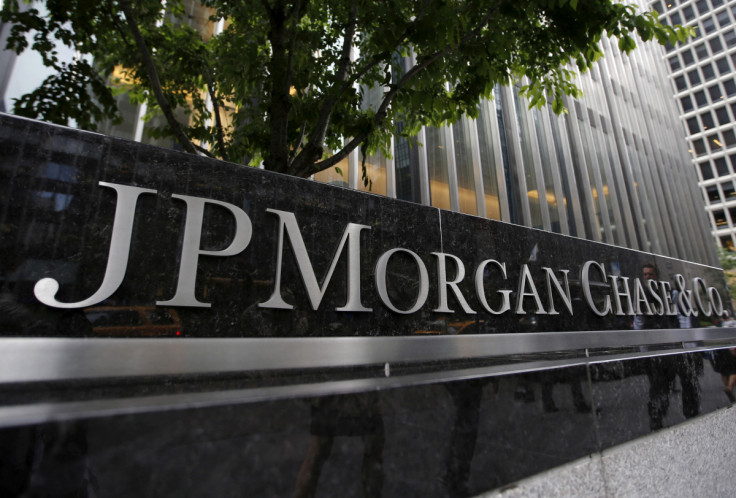JPMorgan: Trump's Tariffs Are the Largest Tax Hike Since 1968 and Could Tip the World Into Recession

With President Donald Trump's sweeping new tariffs now in effect, top analysts are sounding the alarm on the global economic outlook. JPMorgan has significantly increased its recession forecast, now estimating a 60% chance of a downturn. The investment bank warns that the tariffs amount to a 'ticking time bomb', with retaliatory measures from global trade partners all but inevitable—and American consumers set to bear the brunt of soaring import prices.
'There Will Be Blood': JPMorgan Warns Of Historic Tax Burden
In a stark research note titled 'There Will Be Blood', JPMorgan's chief economist Bruce Kasman and his team said the 22-percentage point tariff increase introduced this year is the most significant tax hike since 1968.
'The effect of this tax hike will likely be magnified—through retaliation, a slide in US business sentiment, and supply chain disruptions,' the note warned. 'The shock is likely only modestly dampened by the flexibility tariff hikes afford for further fiscal policy easing.'
According to JPMorgan, the tariffs are expected to impose a financial burden of around £540.86 billion ($700 billion) on US consumers—comparable in scale to President Lyndon B. Johnson's 1968 Revenue Act, which was passed to fund the Vietnam War.
This latest forecast marks the second time in just five weeks that JPMorgan has revised its 2025 outlook. Analysts admitted they were taken aback by the Trump administration's 'radical' policies, particularly the sweeping import duties announced on what the president has dubbed 'Liberation Day'.
Tariff Hikes Could Slash GDP, Echoing the Great Depression
JPMorgan's economists now believe the scale of these tariffs exceeds even the 1930 Smoot-Hawley Tariff, and caution that the impact could be greater due to the vast global interdependence of modern supply chains.
Using modelling from the International Monetary Fund (IMF), they estimate that a 20% US tariff increase, alongside expected retaliation from China and the European Union, could reduce US GDP by two percentage points and global GDP by one point.
While they are not immediately altering their formal forecasts, JPMorgan stressed that if these tariffs are fully implemented and sustained, they would represent a 'substantial macroeconomic shock' capable of triggering a full-blown recession in both the US and wider global markets.
Market Meltdown: £2.4 Trillion Wiped Out
Following the tariff announcement, US stock markets plummeted. On 2 April, the Dow Jones Industrial Average fell by 1,600 points, while the Nasdaq and S&P 500 dropped by 6% and 4.8% respectively. The losses amounted to roughly £2.4 trillion ($3.1 trillion) in vanished market value—making it the worst trading day since the COVID-19 pandemic.
In retaliation, China announced a 34% tariff on all US imports and imposed new export restrictions on rare earth elements, which are crucial to several high-tech industries. The move fuelled fears of stagflation—where inflation rises sharply as growth slows—and rattled markets further.
Major US financial institutions such as JPMorgan Chase, Goldman Sachs, and Morgan Stanley saw their stock values nosedive, with investors bracing for prolonged uncertainty.
Consumers Face Higher Prices As Global Trade Disrupts
Economists are now warning that the tariffs could drag down US GDP growth by nearly one percentage point, while driving up consumer prices. Inflation could surge past 4%, eroding household purchasing power at a time when many families are still recovering from recent cost-of-living pressures.
Global markets aren't immune either. Export-heavy economies across Europe and Asia are expected to suffer as US demand falls and retaliatory tariffs disrupt trade flows. Diplomatically, the White House's aggressive trade strategy may prompt long-standing allies to pivot towards new partnerships—further diminishing US influence in global trade negotiations.
As the world watches for potential policy reversals or negotiations, JPMorgan's warning signals that the coming months may bring heightened volatility, slower growth, and new geopolitical tensions.
© Copyright IBTimes 2025. All rights reserved.





















